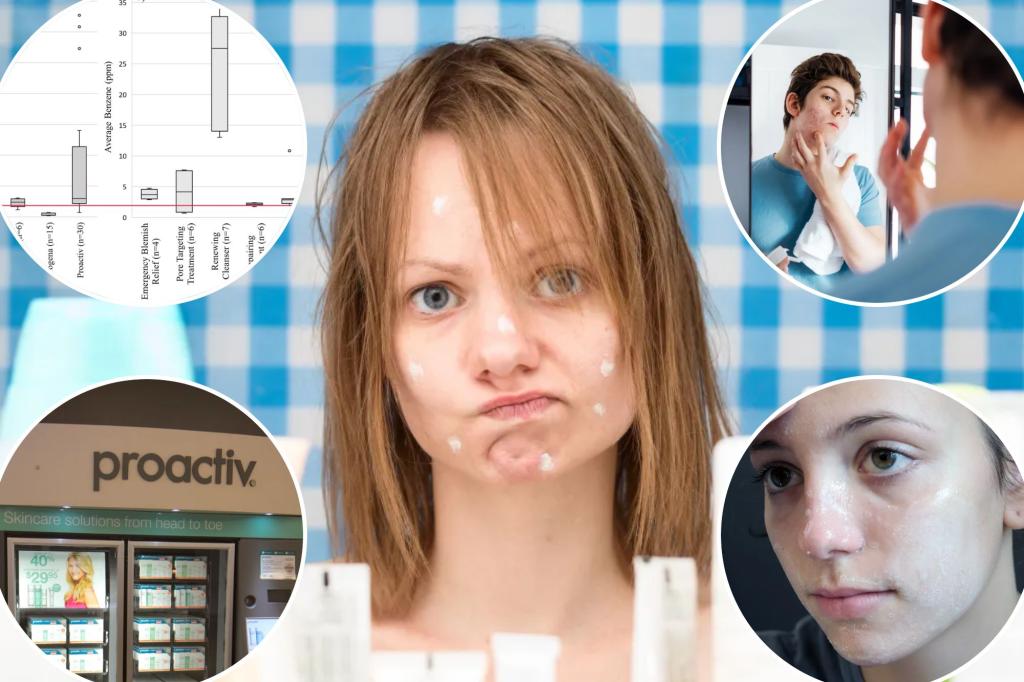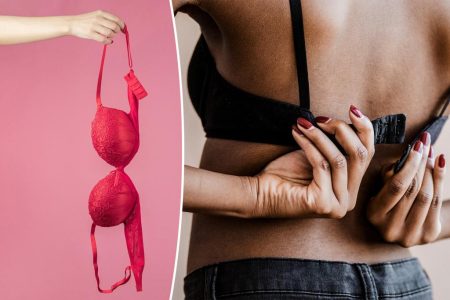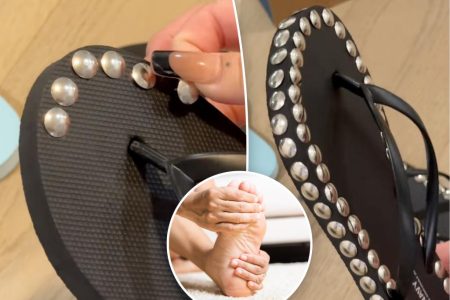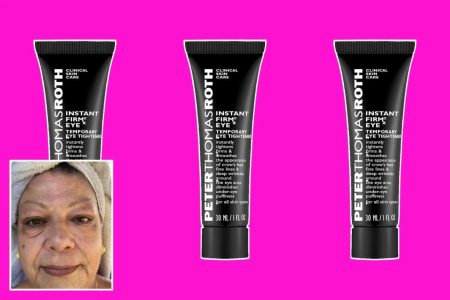A recent analysis conducted by professors from Yale and Long Island universities, as well as a team from Valisure, a Connecticut-based laboratory, found that approximately one-third of 111 benzoyl peroxide (BPO) acne products tested contained benzene, a known carcinogen linked to leukemia and blood disorders. These products included well-known brands such as Proactiv and Clearasil. BPO is a topical antiseptic commonly found in creams and face washes designed to treat pimples. The presence of benzene in these acne treatments was deemed a potentially serious public health risk.
The study, published in the Journal of Investigative Dermatology, reported that certain products, such as a CVS brand face wash and Proactiv, contained benzene levels significantly above the acceptable limit set by the US Food and Drug Administration (FDA). CVS Health Corp. stated that they are committed to ensuring the safety of their products, while a Proactiv spokesperson did not immediately respond to requests for comment. Valisure’s co-founder and president, David Light, emphasized the need to address the high levels of benzene found in various acne products, particularly given that consumers of all ages use these products.
Earlier this year, Valisure filed a petition for recall with the FDA after testing 66 products with BPO as the main ingredient, finding levels of benzene up to 12 times the allowed amount. The study revealed that over-the-counter and prescription products containing BPO could generate benzene levels more than 800 times the FDA’s concentration limit. While the initial study faced criticism, the latest analysis was peer-reviewed and confirmed that some products still contained levels of benzene above the acceptable limit, indicating potential risks for consumers, especially when exposed to UV light.
Researchers suggested refrigerating BPO products throughout the supply chain to minimize benzene exposure, as storing them at room temperature can lead to increased benzene formation. They found that when the same products from the initial analysis were tested at room temperature, many fell within the acceptable limit of 2 parts per million, but some still exceeded this threshold. Concerns over benzene contamination have been raised in various types of products, with companies implementing recalls due to trace amounts of benzene found in sunscreens, dry shampoos, and other consumer goods.
Recent incidents involving benzene contamination in products such as sunscreens and dry shampoos have highlighted the need to address the presence of this carcinogen in consumer goods. CVS, Johnson & Johnson, Banana Boat, and Unilever are among the companies that have issued recalls due to benzene traces found in their products. The detection of benzene in popular acne treatments has further emphasized the importance of ensuring the safety and quality of personal care products. As research continues to uncover potentially harmful substances in widely-used products, regulatory measures and industry standards may need to be updated to protect consumer health and well-being.















